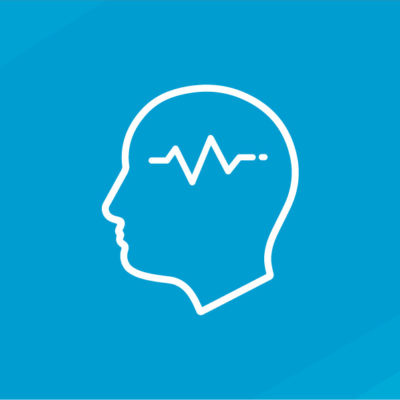When it comes to high school math, Algebra I is considered to be a staple class, but what about Algebra II? Is it necessary for all highschoolers? Many parents and students wonder what Algebra II offers and how it impacts future opportunities. There is not a cookie-cutter answer to this question that will fit every student because of all the factors there are to consider based on individual goals and interests.
Will Algebra I Suffice?
The short answer is “no.”
The majority of high schools require students to take Algebra II. If your student is college-bound, then Algebra II is a requirement for admission to most programs.
A typical track in a public high school would be:
- Algebra 1 (typically in 8th or 9th grade)
- Geometry (typically in 9th or 10th grade)
- Algebra 2 (typically in 10th or 11th grade)
- Some schools might require students to take a fourth year of math, which could be Pre-calculus, Calculus, or a math elective.
Although Excelsior Classes primarily serves homeschooled students, we feel it is important to be at least on par with public school pupils. Our advice would be to take Algebra II.
The Benefits of Algebra II
Algebra I serves as a solid introduction, but Algebra II builds on all of those concepts, introducing exponential functions, logarithms, and complex numbers. These skills are not simply abstract mathematical ideas; they are tools that support critical thinking and problem-solving, which are life skills that are necessary in many more job positions than Algebra I is. The International Congress on Mathimatical Education states that “competence in the mathematical language algebra is essential, as Algebra is an important tool for pursuing a profession in so many domains in our society”. For students considering a future in fields related to science, technology, engineering, Algebra II becomes even more relevant.
What Algebra II Offers
Algebra II offers more than just an extension of Algebra I. It dives into higher-level functions, such as quadratic and polynomial equations, that lay the groundwork for even further advanced mathematical topics. A paper published by Taylor & Francis on the importance of taking Algebra II in high school highlights that “prior research indicates that students who complete more and higher levels of mathematics courses in high school are more likely to pursue higher education and to have higher earnings later in life.” This suggests that taking Algebra II is important, not only academically but also professionally.
One reason for this is that Algebra II improves analytical skills, which are useful in a broad range of professions. The critical thinking and problem-solving skills that can be gained in Algebra II can be applied in numerous other subjects, making it a core foundation for students planning to pursue higher education. It provides great logical reasoning which is needed not just in many careers but can be applied to all facets of life. Algebra II may also be necessary for high school science classes like chemistry and physics that use algebraic concepts to understand science.
But what about students pursuing vocational training, technical certifications, or trade school? Algebra II might not be required, but foundational math is often still necessary. By pursuing more advanced math courses in high school, you can assure your student will be better prepared, or – even better – find their next math classes easier than anticipated!
Previous Math Experience
Previous math experience is an important consideration when deciding whether or not to take Algebra II. If students have found success in Algebra I, Geometry, or pre-algebra topics, Algebra II is a natural next step. For those who struggled with Algebra I, it could be beneficial to seek extra support if Algebra II is required or recommended for your academic or career goals.
Even if Algebra I and/or Geometry has been difficult for the student in the past, it should not be the main reason for not taking Algebra II. There are many resources available to help, and great teachers online ready to assist. Excelsior Classes has incredible math teachers and utilizes resources like Big Ideas Math, an online program providing real time responses. Online tutors also provide great support while students gain mastery.
Students may take a Consumer Math, Practical Math Skills or Financial Literacy course instead of Algebra 2 if they are in a vocational or non-college-preparatory track. These alternatives typically don’t provide the same depth of algebraic reasoning, but they may satisfy graduation requirements for students not pursuing further post-high school studies. They also have the added benefit of demonstrating the use of math in everyday life, thus providing skills and knowledge necessary for successful “adulting.”
Summary
Ultimately,the general advice is that taking Algebra II can be incredibly beneficial for students aiming for academic growth or expanded career options. It strengthens analytical skills, rounds out college applications, and opens doors to a wider range of careers.
If there is any uncertainty, take confidence in the fact that high school is a great time for challenges and exploration. Taking Algebra II can strengthen thinking skills, broaden understanding of math, and help set students up for success in a wide array of fields.












